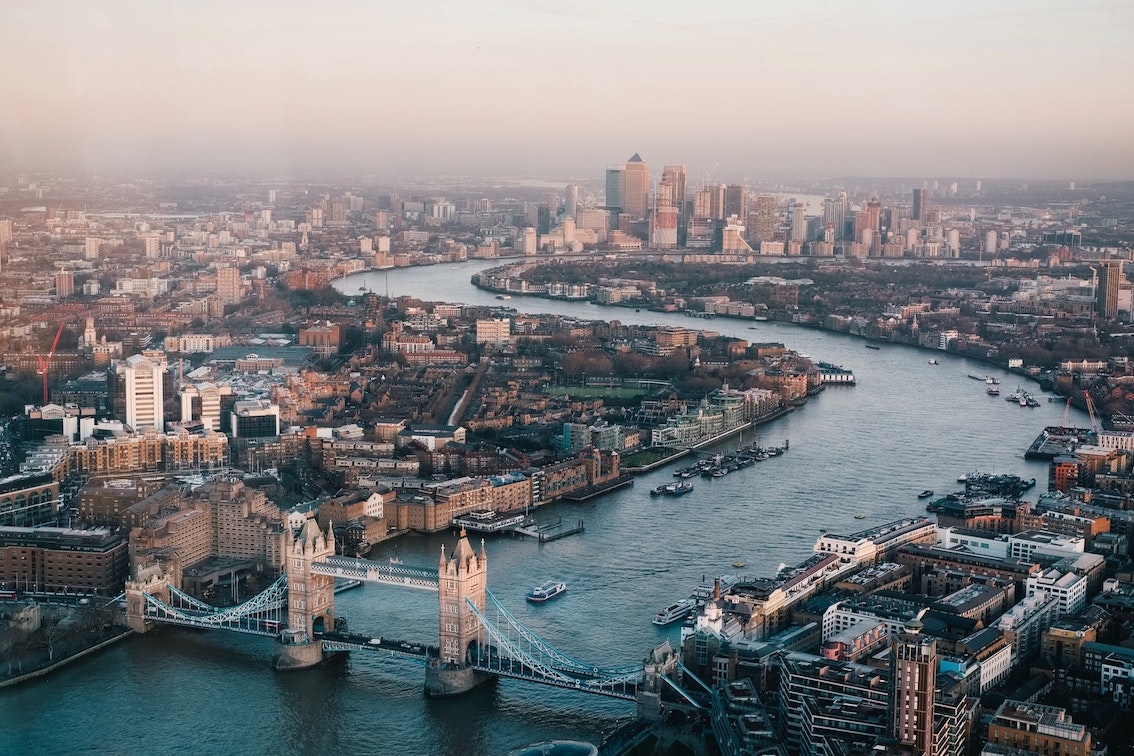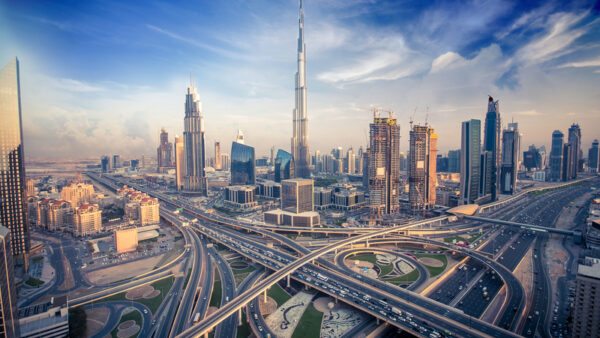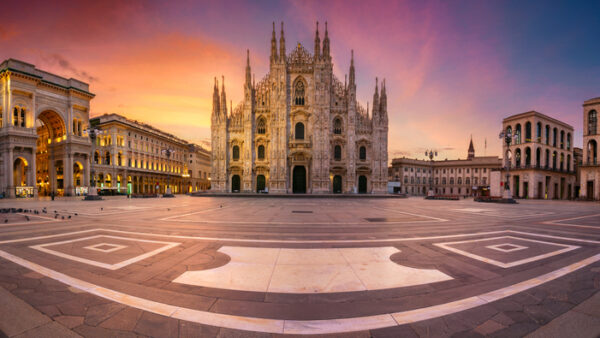
London has regained its ranking as the world’s most expensive city in the world to build in after dropping to second place last year, according to the latest International Construction Costs report by Arcadis.
Second in its ranking of 100 cities was Geneva and third was Oslo, while the five least expensive cities are all in Asia and India.
10 most expensive cities
1. London
2. Geneva
3. Oslo
4. New York City
5. Copenhagen
6. San Francisco
7. Zurich
8. Munich
9. Hong Kong
10. Macau
10 least expensive cities
100. Kuala Lumpur
99. Delhi
98. Mumbai
97. Ho Chi Minh
96. Johannesburg
95. Nairobi
94. Wuhan
93. Jakarta
92. Chengdu
91. Guangzhou
Many cities in North America and Europe recorded double-digit cost increases owing to a combination of factors, including rising energy costs, materials and labour shortages, and high sector-specific demand, particularly in residential and industrial.
As a result, American cities moved significantly up the ranking, helped by the US dollar appreciating on average by 5% against most currencies. Cities in the UK and Germany also moved up the index.
Across Asia, the picture has been mixed, with costs remaining largely stable.
One exception is Singapore, where Covid has hampered access to foreign labour.
In Australia and the Middle East, on the other hand, demand for construction did not match expectations, leading to a more competitive market with costs being absorbed by the supply chain. Melbourne and Sydney dropped some 10 places as a result.
The analysis was undertaken before Russia’s invasion of Ukraine, which Arcadis said would exacerbate material and hydrocarbon shortages.
Differing government Covid strategies have resulted in varying paces of recovery.
The report has a five-point guide showing how clients can “rationalize, standardize, automate, and use digital processes to be more cost-effective, and meet essential sustainability goals”.
“Construction has proved itself extremely robust during the last year in adapting to the most difficult of circumstances,” said Andy Beard, the company’s head of cost and commercial management. “Sustained delivery of housing and infrastructure, better use of data, and increasing investment in technological solutions such as modern methods of construction can both improve efficiency and aid the drive to net-zero.”
Download the full report here.






